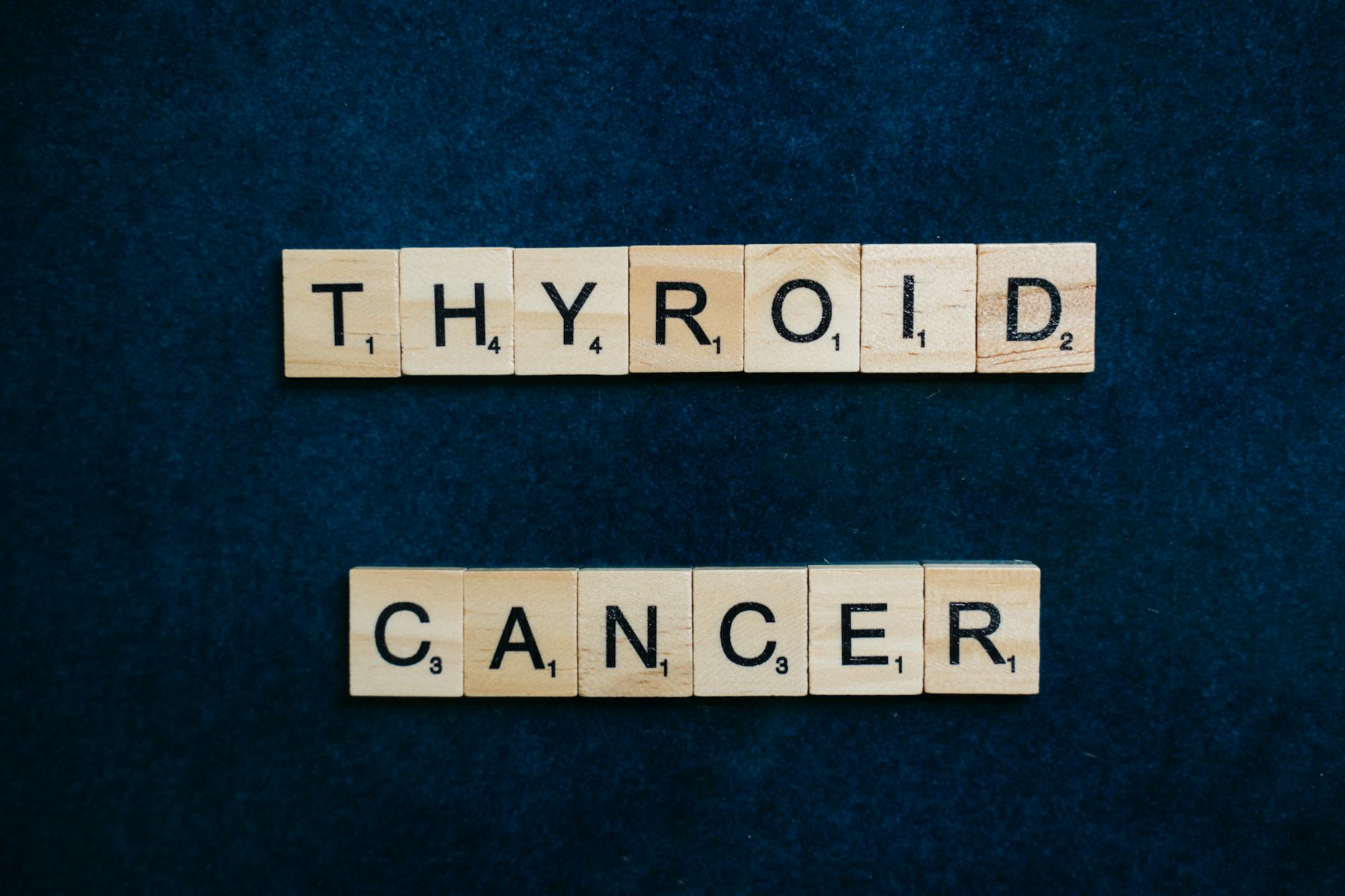Uncover the secrets to effectively managing Graves Disease with this comprehensive guide on treatment options and essential self-care tips.
Table of Contents
Graves Disease is a complex autoimmune disorder that affects the thyroid gland, leading to symptoms such as weight loss, anxiety, and heart palpitations. Understanding this condition is crucial for effective management and treatment. In this comprehensive guide, we will delve into the causes, symptoms, diagnosis, and treatment options for Graves Disease.
Understanding Graves Disease
Graves Disease is an autoimmune disorder in which the immune system mistakenly attacks the thyroid gland, causing it to produce an excess amount of thyroid hormone. This overstimulation leads to a condition known as hyperthyroidism. Common symptoms of Graves Disease include rapid heartbeat, weight loss, tremors, and anxiety.
Causes and Risk Factors
The exact cause of Graves Disease is not fully understood, but it is believed to be a combination of genetic and environmental factors. Women are more likely to develop Graves Disease than men, and it often occurs in individuals under the age of 40. Smoking has also been linked to an increased risk of developing the condition.
Diagnosis and Testing
Diagnosing Graves Disease typically involves a combination of physical exams, blood tests, and imaging studies. Blood tests can measure levels of thyroid hormones and antibodies, while imaging tests like ultrasounds can provide visual images of the thyroid gland. A radioactive iodine uptake test may also be conducted to assess thyroid function.
Treatment Options
There are several treatment options available for Graves Disease, depending on the severity of symptoms and individual preferences. Medications such as anti-thyroid drugs or beta-blockers may be prescribed to manage symptoms and regulate hormone levels. Radioactive iodine therapy and thyroid surgery are also options for more severe cases.
Lifestyle Changes and Self-Care
In addition to medical treatment, lifestyle changes can also play a crucial role in managing Graves Disease. Eating a balanced diet rich in nutrients, managing stress levels, and getting regular exercise can help support thyroid health. Avoiding smoking and limiting caffeine intake can also benefit individuals with Graves Disease.
| Chapter | Topic | Description |
|---|---|---|
| 1 | Understanding Graves Disease | An overview of what Graves Disease is and how it affects the body. |
| 2 | Diagnosis | Information on how Graves Disease is diagnosed, including blood tests and imaging techniques. |
| 3 | Treatment Options | Exploring the different treatment options available for Graves Disease, such as medications, radioactive iodine therapy, and surgery. |
| 4 | Managing Symptoms | Tips for managing common symptoms of Graves Disease, such as weight loss, rapid heartbeat, and eye problems. |
| 5 | Diet and Lifestyle Changes | Advice on making dietary and lifestyle changes to support overall health and well-being while living with Graves Disease. |
| 6 | Support Resources | Information on support groups, online communities, and other resources for individuals with Graves Disease. |
Symptom Management
Managing symptoms of Graves Disease can be challenging, but there are ways to help alleviate discomfort. Practicing relaxation techniques such as yoga or mindfulness meditation can help reduce anxiety and stress. Ensuring adequate sleep and staying hydrated can also support overall well-being.
Social Support and Resources
Living with Graves Disease can be overwhelming, but connecting with others who understand your experience can provide valuable support. Online support groups, educational resources, and community events can offer a sense of belonging and understanding. Seeking guidance from healthcare professionals and staying informed about the latest research can also empower individuals with Graves Disease.
Conclusion
Graves Disease is a complex autoimmune disorder that requires careful management and treatment. By understanding the causes, symptoms, diagnosis, and treatment options for Graves Disease, individuals can take control of their health and wellbeing. With the right support and resources, navigating Graves Disease can become a manageable journey towards improved quality of life.
Frequently Asked Questions
Can Graves Disease be cured?
While Graves Disease cannot be cured, it can be effectively managed with the right treatment and lifestyle changes. Regular monitoring and adherence to medical recommendations can help control symptoms and improve quality of life.
How is Graves Disease diagnosed?
Diagnosing Graves Disease involves physical exams, blood tests to measure thyroid hormone levels and antibodies, and imaging studies like ultrasounds. A radioactive iodine uptake test may also be conducted to assess thyroid function.
What are the treatment options for Graves Disease?
Treatment options for Graves Disease include medications like anti-thyroid drugs or beta-blockers, radioactive iodine therapy, and thyroid surgery for severe cases. The choice of treatment depends on the severity of symptoms and individual preferences.
How can lifestyle changes help manage Graves Disease?
Lifestyle changes such as eating a balanced diet, managing stress levels, getting regular exercise, avoiding smoking, and limiting caffeine intake can support thyroid health and overall well-being for individuals with Graves Disease.





